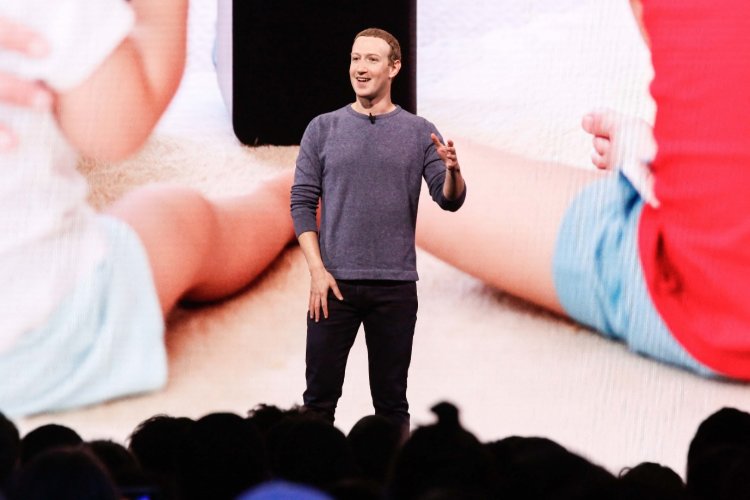Apple, Facebook and Google have lost the monopoly Argument

The technology industry’s future was once decided by humble entrepreneurs who were assorted by Silicon Valley boosters along with some venture capitalists pumping out their speech to the crowd of cavernous arenas. These days the policy wonks and the competition regulators are commonly spotted in conference rooms who appear to be seized in the line.
The investors who invested in Apple Corporation, Alphabet Corporation, and the Facebook Corporation will not doubt to testify the shift in power after the threat given by the United States antitrust action which shares to fall at the start of this week in which Apple railed slightly.
The attendees at the OECD trust-buster was certainly creating gathering a great show which was helped by the Americans and started to follow Europe's lead, which tackles the tech giant's monopoly tendency. Europe's top official Margrethe Vestager who competes lined up with officials from the United States Department of Federal Trade Commission and Justice, along with top regulators from England, Germany, and France which offers pointers about the industry what lies in the store.
The overall regulatory class which was determined for lost time is going to makeup, but still, there is plenty of tension between all the officials on Atlantics both sides. Europe is also suffering in the sense of leaving too much for too long in the hand of the market. Vestager was looking back for her five-year-long tenure, which resulted in three fines against the tech giant Google and also admitted that they could have done it faster.
One of the most powerful things is to regret, especially when the political pressure is rising in the act. Instagram, which flew under everyone's radar, was frequently referred to as the example. When it was sold to Facebook for $1 billion was waved in because of a handful of employees and kept to arm's strength as there was no increase in revenue. There were only a million users when Facebook acquired Instagram, which has crossed more than 1 billion users today. Instagram is also sharing a huge amount of data with its parental network Facebook. It drew objections from regulators from German earlier this year. Though there were so many concerns in 2012 the third party United Kingdom regulators wrote that they did not believe that the photo applications were very attractive to the advertisers and cited that the user data which was captured was very limited.
Founder of Facebook Mark Zukerberg had a more accurate grasp on Instagram’s potential, and it must not stop other market players from trying to stop their game to avoid more social media power to end it in the hands of a single person.
It’s very hard to conclude that how many other Instagram like players flown under the radar. The head of the United Kingdom’s competition and market authority Andrea Coscelli estimated that all these big players like Facebook, Apple, Google and Microsoft have bought together around 250 companies in the last five years. Like Facebook’s acquisition on WhatsApp deal, Zuckerberg also bought another company like “tbh”, which was a teen social network in 2017 and it was shut down just after some days of being acquired. There were also many big-budget acquisitions which were also shut down as the big players have strong options.
The regulators feel that start-ups are not getting any chance to grow and compete as they enter these big tech giants killing zone where the rivals are taken out with promising potentials.
To gear up these practices, we can expect more of a push by lowering the burden of evidence which is required to identify the anti-competitive potential harm from the takeover. The professor for competition law at Oxford University Ariel Ezrachi said that the officials are getting alerted to the cost of doing nothing.
Can we expect any antitrust crackdown from Facebook, Google and other big players in the United States to match with Europe's standard? Though there were not much appetite, aggressive actions like breakups not happened in the OECD meeting. According to the official of DOJ Andrew and FTC's official Noah, they were in pain to stress the size was not very bad in itself nut behaving badly is a big problem. And according to Finch, there will be heavy fines that are most likely to the outcome.
There are so many other American leads which are up for the kind revival of monopoly dismantling which is seen across the days of John Rockefeller. Finch also conveyed that more like the 90's and the starting of the 20th century; the companies are using patents to increase the growth of their rivals, which feels like a Glided Age. This is not like the kind of tub-thumping which happened in the era of Elizabeth warren.
Thus, Europe is taking more aggressive and adventurous on antitrust measures for smart money. But the shift which is on both side of the Atlantic is ignored as people want tougher rules so that they can come to the market.















































